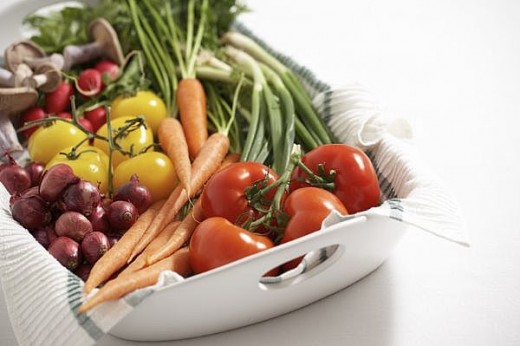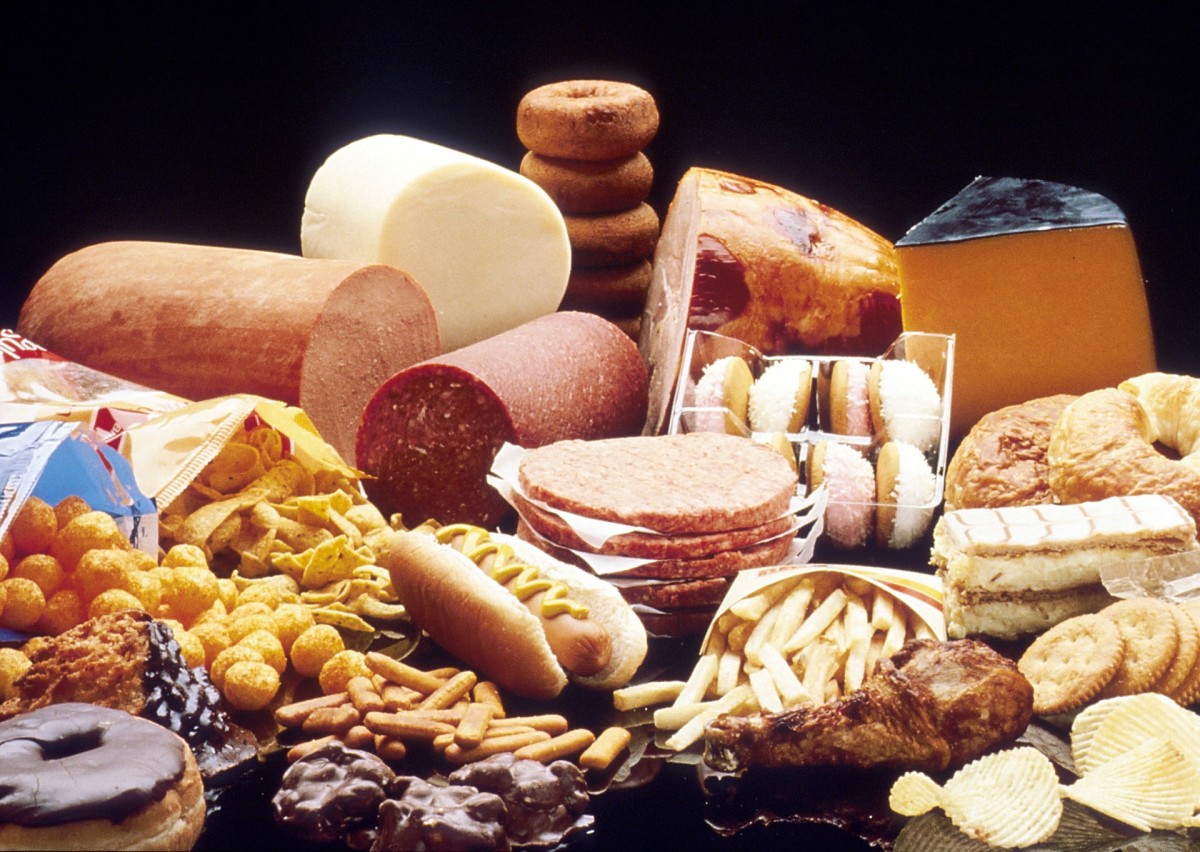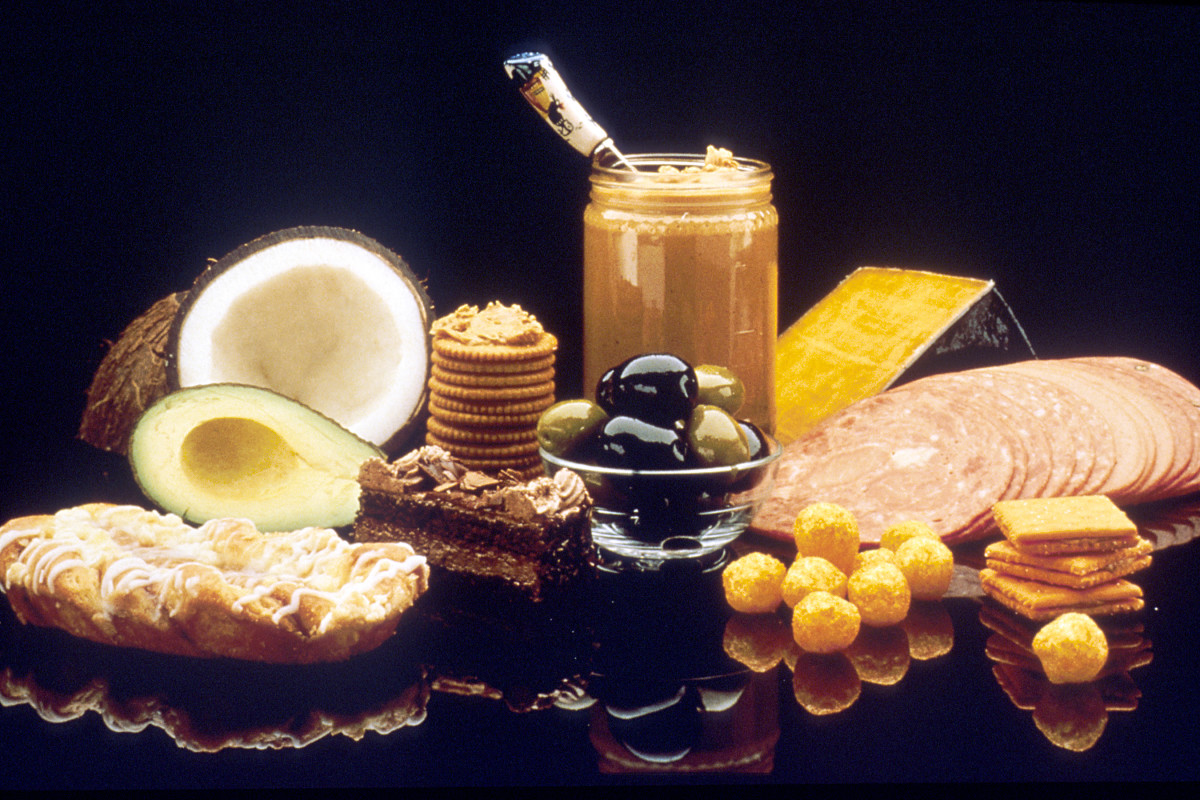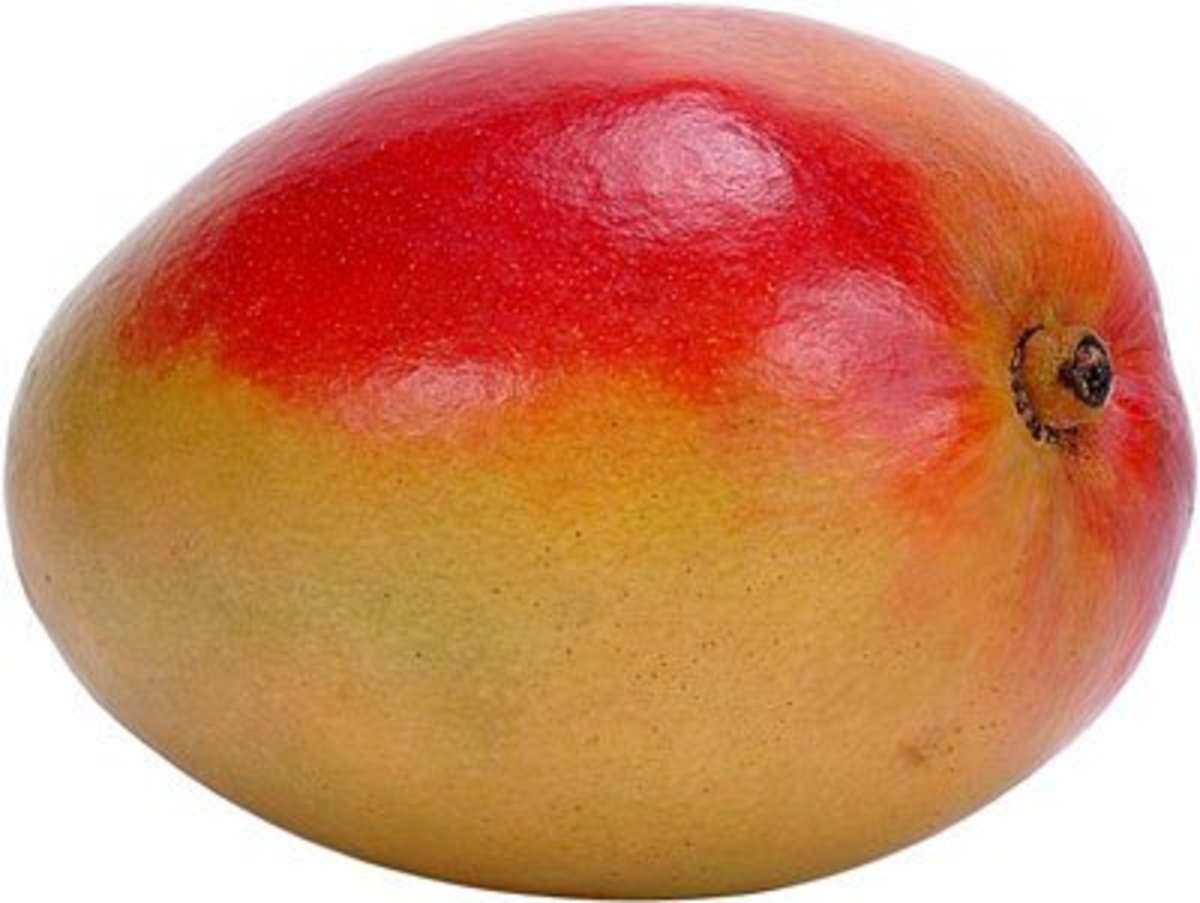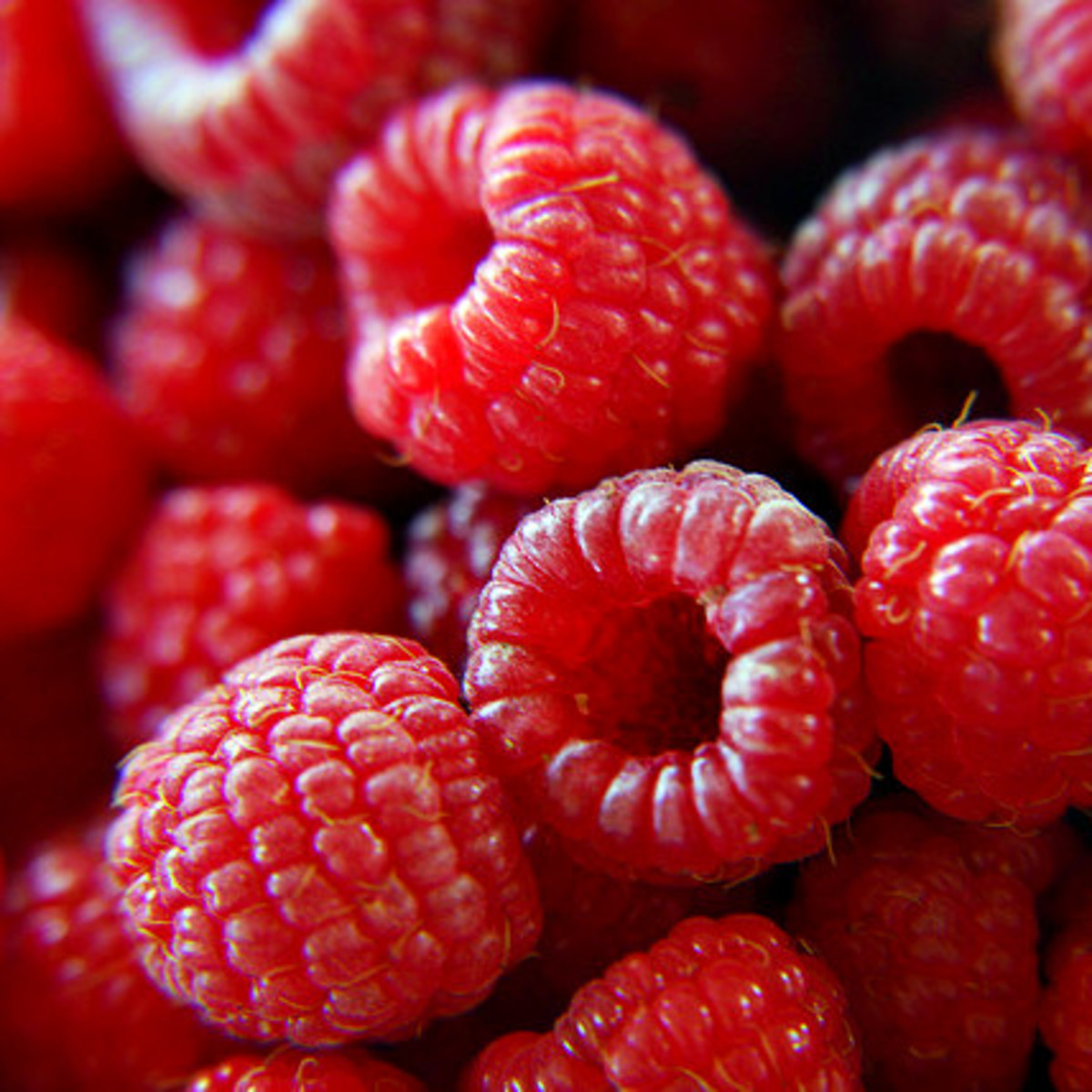Having a Heart for Low-Fat Foods
The A-B-Cs for a Healthy Heart
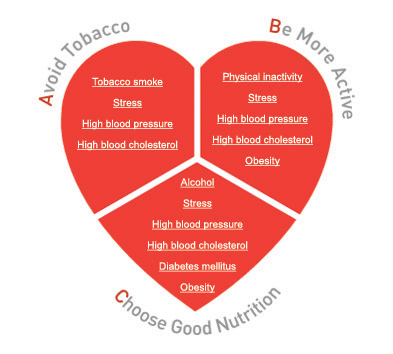
Heart Attack Warning Signs
If you or a loved one have any of the following symptoms, do not delay! Dial 911 immediately to get assistance. You would rather be wrong than dead:
- Squeezing sensation in your chest, or a feeling of pain or fullness in the center of your body that lasts for several minutes.
- Radiating pain into the neck, jaw, shoulders, arms, back or abdomen.
- Difficulty breathing
- Lightheadedness
- Nausea
- Sweaty, shaky
Heart disease is the number one cause of death in the United States. Over 12.5 million Americans are believed to suffer from this ailment, and more than 500,000 die each year as a result. Many people, like veteran news journalist Tim Russert, suddenly pass away without any prior signs or symptoms. Sadly, the disease is quite preventable with some easy lifestyle changes.
Three main factors that can help contribute to a long and healthy life include: (1) regular exercise; (2) stopping (or not starting) smoking or using other tobacco products; and (3) eating a healthy diet. As stated by the American Heart Association:
The American Heart Association recommends that you keep your intake of total fat to between 25 percent and 35 percent, your saturated fat consumption to less than 7 percent and your intake of trans fat to less than 1 percent of your total daily calories.
The World Health Organization, the Food and Drug Administration and the Center for Disease Control concur.
So what does this mean? How can I do this?
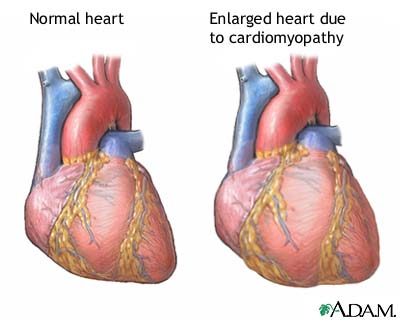
Read More About Heart Disease
What is Saturated Fat?
Generally speaking, saturated fat is fat that is solid at room temperature. You'll find it most often in animal meats and skin, whole milk dairy products (butter, ice cream, etc.), lard, and cooking oils such as coconut and palm. It is also found in eggs and chocolate.
When ingested, saturated fat tends to raise the LDL (low density lipoprotein, aka "bad cholesterol") levels of individuals and can, over time, result in heart disease. This type of fat raises blood cholesterol levels by interfering with the entry of cholesterol into cells. As a result, cholesterol may stay in the blood stream longer, eventually adding to plaque build-up in blood vessels.
Scientifically speaking, the saturated fatty acids in foods containing saturated fat lack double bonds between carbon atoms of the fatty acid chain. Thus, they are said to be "fully saturated" with hydrogen atoms.
Studies have shown that high consumption of saturated fats (more than 7% of your daily total of calories) not only leads to high cholesterol, but also heart disease, atherosclerosis and stroke.
CUT IT OUT:
- Cook with olive oil, flax seed oil or canola oil, rather than coconut oil, palm oil or shortening
- Trim visible fat from meats before cooking
- Avoid high fat, marbled red meat cuts (ask your butcher for guidance)
- Use 1% or skim milk
- Choose sherbet or low-fat ice cream if you must have dessert
- Check the labels of packaged foods: saturated fat and trans fat grams and the relative percentage of recommended daily value (i.e 50%) are now listed
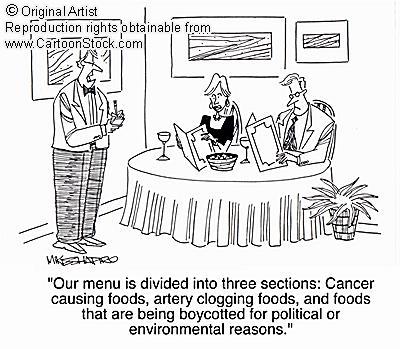

Commercial Advocating Banning of Trans Fats
What is Trans Fat?
The most unhealthy of all fats, "trans fat," is created when liquid fat is solidified into hard fat - think of margarine and shortening. The way this is done is by injecting hydrogen into vegetable oil through the hydrogenation process. Foods that contain trans fats have a longer shelf life and are said to taste better than those without. One can bet that there is a fairly high amount of trans fat lurking in a box of Twinkies or Ding-Dongs! Other culprits include crackers, baked goods, candy, cookies, chips and similar snacks, and fried foods.
Again, major health organizations recommend that no more than 1% of your total daily calories come from trans fat sources. As noted above, you will find the amount of trans fat listed on the Nutrition Information printed on all pre-packed foods. Just like saturated fat, trans fat will raise LDL levels which can result in heart disease and other life-threatening conditions.
CUT IT OUT:
- Replace stick margarine with a heart-healthy spread
- Avoid using lard or shortening
- Read Nutrition Labels closely and be an informed consumer
- If in doubt - fresh is best. Choose an apple for a snack rather than a bag of chips.
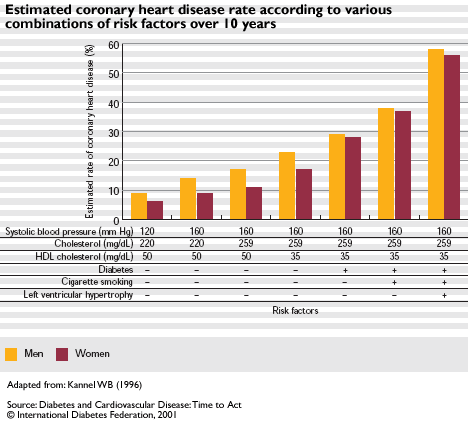
Healthy Brown Rice Breakfast
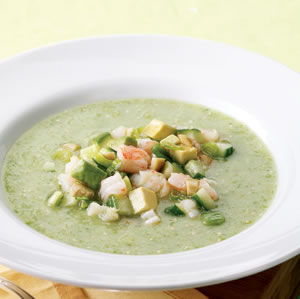
What is Unsaturated Fat?
Everyone needs a little bit of fat in their diet. The caveat is that it has to be the right kind of fat, and in moderation (remember the recommendation above - no more than a total amount of 25-30% of your total daily calories, from all kinds of fat combined). Fat is an energy source (not as efficient as carbohydrate, however), and it helps in the absorption of certain vitamins. Included in our meals, fat adds taste and helps us feel full. For growing children, fats are an especially important part of a diet, particularly from newborn through age 2.
Unsaturated fats are divided into two categories - polyunsaturated and monounsaturated. Poly- and mono- are references to the number of double bonds in the fatty acid chain (recall, above, the saturated fats have no double bonds). Unsaturated fats do not raise LDL ("bad") cholesterol and may actually improve your health if you do not consume too much. You can find these "healthy" fats in nuts, seeds, avocados, olive oil, soybean oil and canola oil. Omega-3 and Omega-6 rich foods, such as salmon, trout, herring, mackerel and sardines also contain unsaturated fats.
In addition to watching your overall intake of fats, limiting your consumption of saturated fats and trans fats, you should check Nutrition Facts labels to ensure that you eat no more than 300 grams of dietary cholesterol a day. People with heart disease and/or high LDL levels may be directed to restrict their consumption to no more than 200 grams per day by their physician.
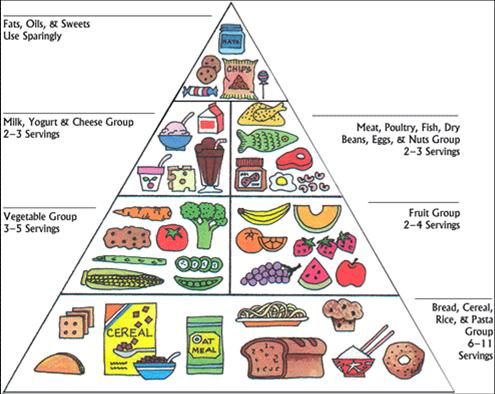
No Excuses for Finding Great, Tasty Low-Fat Recipes
How Can You Cook and Eat Healthy?
Think you have to give up delicious tasting food simply because you have high cholesterol or other risks of heart disease? Think again. Eating a healthy diet is neither difficult, bland or expensive. There are entire sections of bookstores devoted to low-fat and non-fat recipe cookbooks. Remember, if you eat a dinner with moderate amounts of good fat, let's say a salmon steak and salad with sliced avocados and walnuts, then your dessert should be non-fat so you do not exceed the overall recommended percentage of fat/calories.
What kind of dessert would possibly be worth eating if it is non-fat? How about one made by Haagen-Daz! This company, best known for its rich, high-fat ice creams, also makes some deliciously fruity sorbets. You could also try a low-fat yogurt pie, which is easy to make and nutritious, as well. Finally, how about ending the evening with a bowl full of fresh seasonal berries? Stay away from the whipped cream, sprinkle a little bit of sugar or sweetener if desired, and feel proud of yourself for sticking to a heart-healthy diet.
Conversely, if it is a special occasion and you want to splurge on a dessert that likely will exceed your daily allotment of fat calories, then you'll want to find a non-fat or very low-fat option for your meal. Vegan or vegetarian recipes are probably your best bet. Or, you can alter "traditional" recipes by replacing meat with soy products and deleting cheese (or using fat-free cheese) and other dairy products.
Create a filling salad as your main course. Start with leafy dark greens (spinach is excellent), add tomatoes, sliced mushrooms, chopped green onions, chopped mini sweet peppers, chopped mini carrots. Sprinkle very lightly with extra virgin olive oil and generously with balsamic vinegar. Salt and pepper to taste.
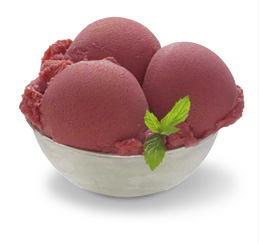
Quick and Healthy Egg White Omelette

Now that you know the basics about good and bad fats, cholesterol and risks of heart disease, it is time to start taking better care of yourself. If you smoke, stop! If you drink, cut down or stop, as well. Life is all about moderation. If you truly want to enjoy living, then it requires that you make some healthy choices so that you don't end up suffering from obesity and/or life-threatening diseases. If you want to eat a doughnut, then make it something you do only once a month. You'll savor those saturated fats so much more!
Have the heart to make healthy choices and cut down on fat-laden choices. Consciously limit your intake of overall fats (even unsaturated fats) and be vigilant in limiting consumption of saturated fats and trans fats. Instead of a life sentence, consider it to be a "long-life" prescription. Here's to your health!
